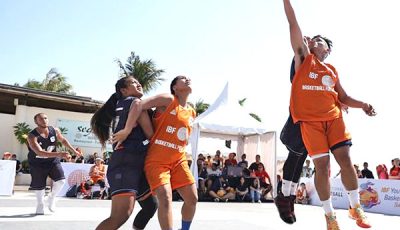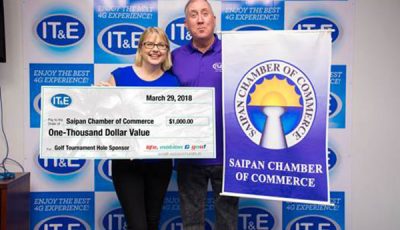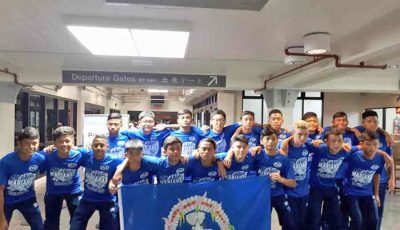Bridge Capital says it doesn’t do business in Laos
Bridge Capital LLC came out with a media statement yesterday in reaction to a news report that its co-owner John K. Baldwin is under criminal and tax investigations in the Lao People’s Democratic Republic for allegedly bribing Lao PDR officials over $300,000.
The alleged bribe is said to have caused termination of an audit by Ernst & Young and also cost the Lao government $70 million in lost tax revenue over a five-year period from the operations of Baldwin group’s casino.
In the media release, Bridge Capital said it does not own Sanum Investments Limited or its parent company and does not do business in Laos. The company said it is being dragged into this as a way of harassing its owners and executives who are also associated with Sanum.
In 2012, the government of the Lao Peoples Democratic Republic expropriated $900 million worth of assets from Sanum. In response, Sanum and its parent company commenced international treaty arbitration claims against the Laos (arbitration cases).
The claims in the arbitration cases are based, among other things, upon the illegal conduct of the Laos government in unilaterally seizing assets owned by Sanum and canceling valuable concessions granted to Sanum as well as actions taken by the Laos government, through its officials, police, courts, and army, to expropriate and confiscate Sanum’s assets, including seizing the Savan Vegas Casino and Resort located in Savannakhet, Laos.
In the past two months, the Laos government has forcibly and illegally seized over $250 million of Sanum’s remaining assets in the country and is attempting to deflect attention from its actions by attacking Sanum and its executives. The Laos government is alleging baseless and false charges in an attempt to justify its illegal actions and to threaten and scare its foreign investors into submission. These baseless accusations were rejected more than a year ago in the arbitration cases by an international tribunal which ruled, when presented with the very same sort of allegations the Laos government is raising here, that the Laos government “does not purport to have proof of corruption.” Afterwards, Laos agreed in writing to cease and withdraw all such allegations. These false claims are the work of a corrupt communist government that has lured Sanum and other foreigners to invest hundreds of millions of dollars into Laos only to seize those businesses and assets after the foreigners have built them into successful enterprises.
Still more frightening is what happens to people who challenge Laos. For example, there is still no information about the fate of Sombath Somphone, a Laotian development worker advocating civil rights, who was last seen on video on Dec. 15, 2012, being bundled into a car at a police checkpoint in Vientiane. He has not been heard from since.
Sanum categorically denies the unsupported allegations made by Laos in its filing in the CNMI Federal District Court and are confident that the charges will be shown for what they are: completely baseless. Sanum will not be intimidated by a communist regime that ranks among the highest in corruption. (Bridge Capital)



























